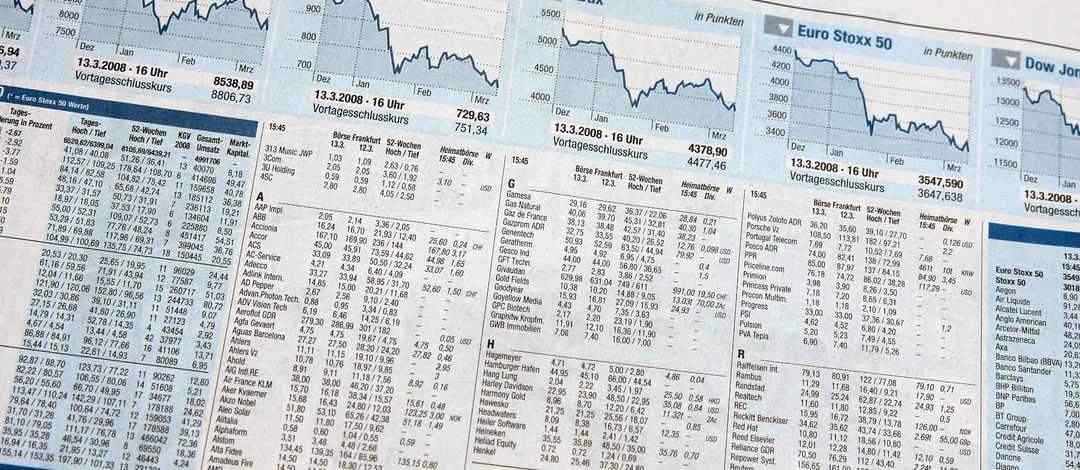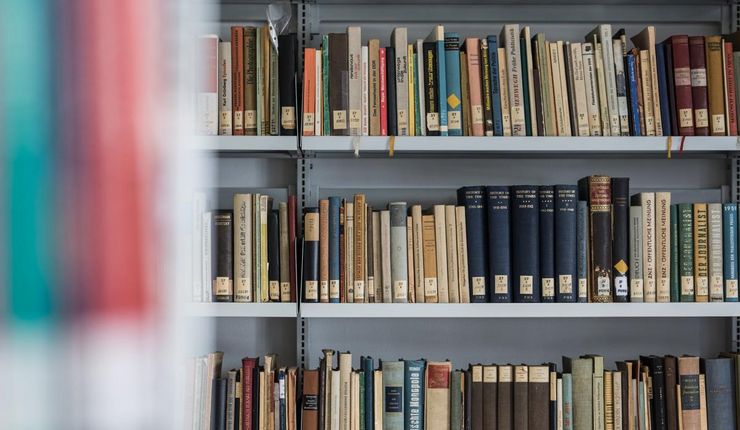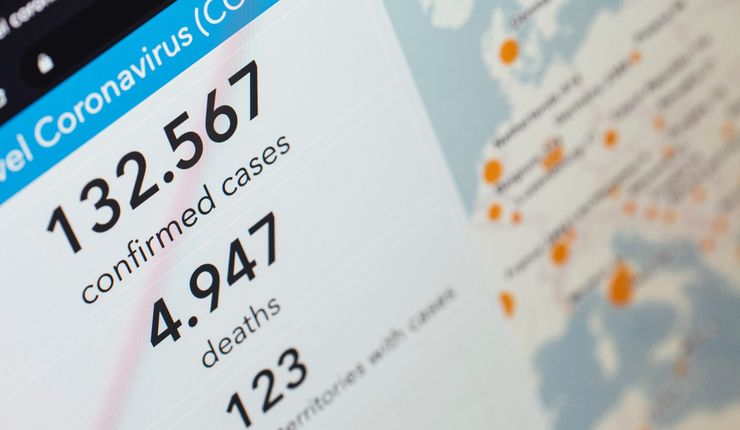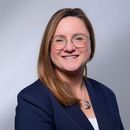Junior Professorship for Data Journalism
Current
Profile
The junior professorship for data journalism deals with phenomena of computational journalism, i.e. the mix of algorithms and journalism, in research and teaching.
Focuses Junior Professorship for Data Journalism
Data are omnipresent in journalism: They are part of the planning of journalistic content, for example in the context of audience research and so-called "audience metrics", are omnipresent in some research, for example in investigative or data-driven journalism, play a central role in automated journalism (also "robot journalism") in production and are an essential part of follow-up communication, especially when moderating comments and monitoring diffusion.
These and similar topics are examined from different perspectives as part of the focus on data journalism.
Large parts of media use online today take place in environments in which algorithms decide on the selection and presentation of the content. Search engines, social network sites, or aggregators, to name just a few examples, tailor content to the users' anticipated needs. This personalization is accompanied by fears that users would be denied certain perspectives on information or entire topics. We are then talking about “filter bubbles” or “echo chambers”. Algorithmically-curated media environments are also said to have a social potential for polarization, for example when certain information is given more weight through the display of popularity indicators (e.g. the number of likes).
Questions about filter bubbles and echo chambers, personalization, and polarization are part of the focus on media use in algorithmically-curated media environments.
Modern Communication Studies is confronted with numerous methodological challenges resulting from the amount of available usage data, the intransparency of algorithmically-curated media environments (e.g. search engines, social network sites), and the fragmentation of available media and media usage. Adequate empirical communication research is often described under the keywords "Computational Communication Science" or "Computational Communication Research".
The focus on methodological research accordingly includes the development and dissemination of appropriate tools and methods for the collection, processing and preparation of research data.
Research
Junior professor Dr. Mario Haim conducts research with focus on data journalism, media use in algorithmically-curated media environments, and methodological research.
Teaching
The data journalism teaching field deals in particular with quantitative data, its collection, processing, evaluation, and visualization. These aspects are often linked to questions of journalism research.



